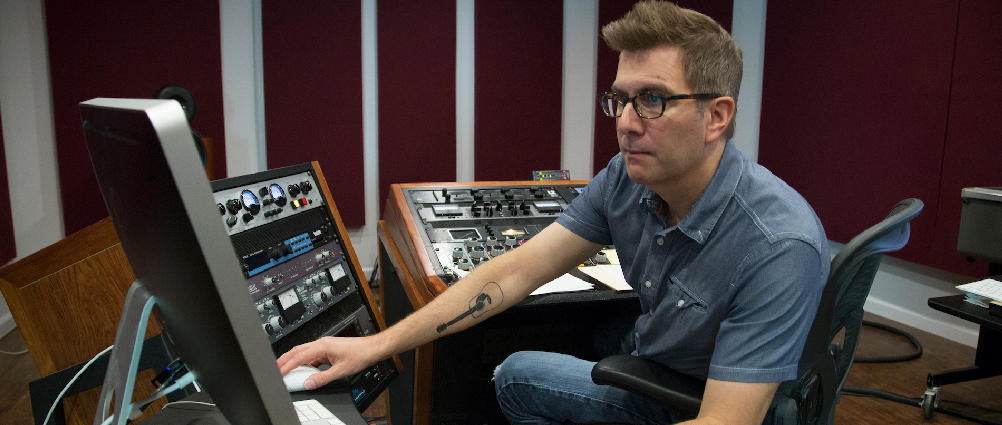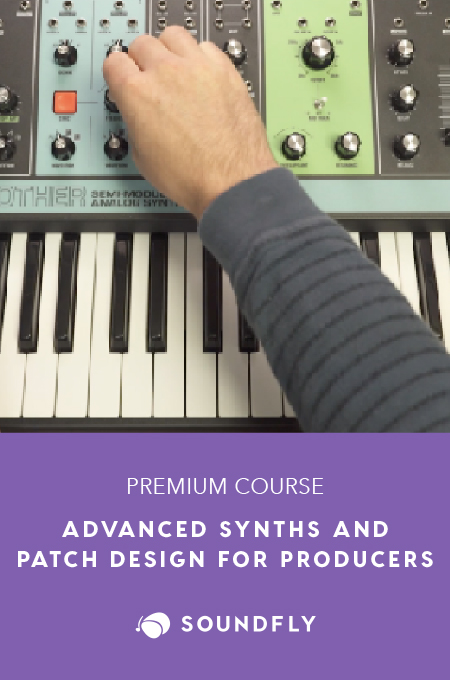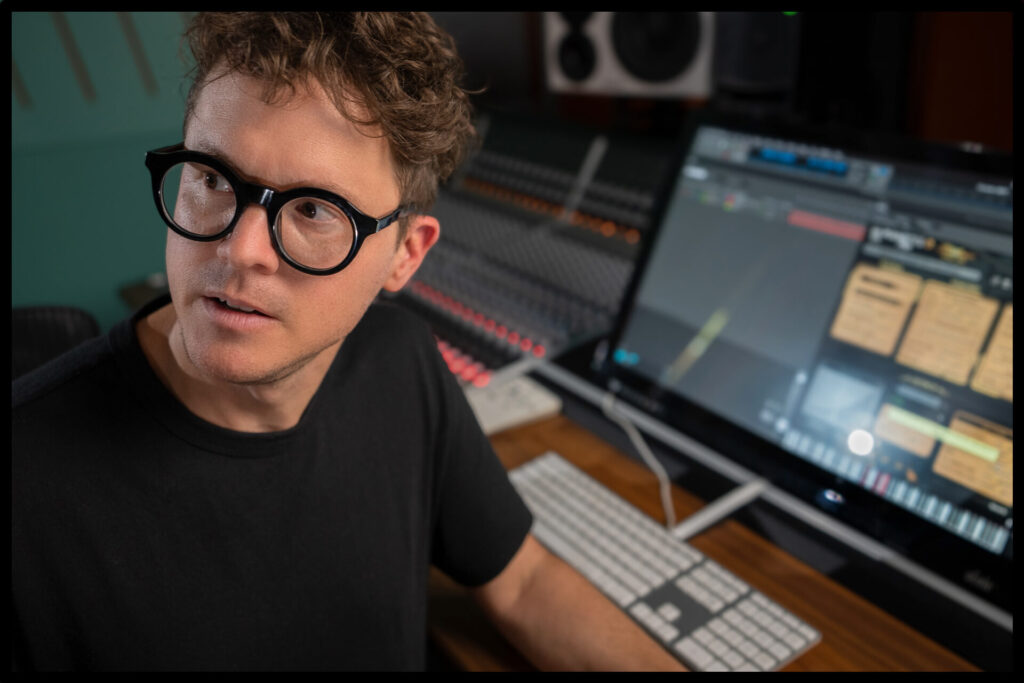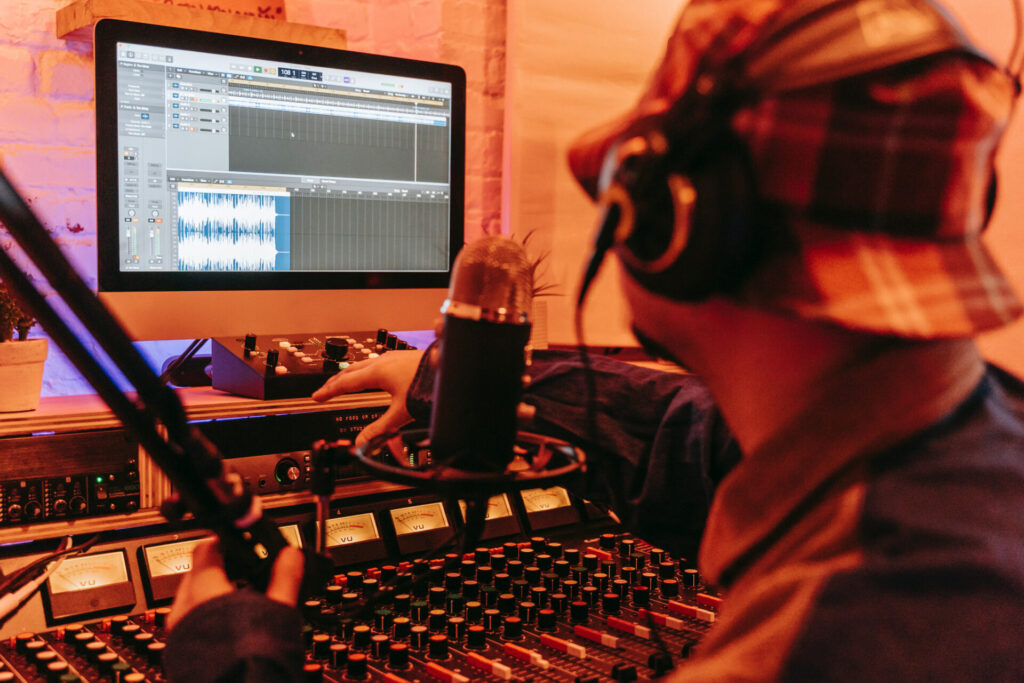In the above video, a companion to our Mentored course, Faders Up I: Modern Mix Techniques, sound engineer and course instructor, Joe Lambert, explains why it’s important to keep a minimally limited (or compressed) version of your mixes on hand, and to make a second compressed version for listening purposes.
Compression is a versatile tool that can do a variety of things. It can add serious “punch,” “impact,” and “character.” In fact, compression is so useful, that it’s often overused during the mixing process — when it should be used sparingly, and with close-eared caution. So, while there are a myriad of ways to creatively apply compression to a mix, it is most powerful as a tool to control the distance between the loudest and quietest parts of a signal, also known as dynamic range.
While it’s perfectly reasonable to use compressors on most signals, especially in contemporary electronic music, it is very easy to get carried away with compression. If that’s what you’re going for, fine, but we encourage you to know the rules and functions first, and then break them! Check out Brad Allen Williams’ thorough introductory article, “Squeeze to Please: The Basics of Compression in Audio,” and inform yourself of all the parameters.
And to take a deeper dive into this, and other mixing techniques — like EQ, Level and Pan Setting, Digital Signal Processing, FX Sends, and more — enrol in our popular premium course offerings on mixing, the beginner level Faders Up I: Modern Mix Techniques, and the slightly more in-depth Faders Up II: Advanced Mix Techniques. You can expect to learn all about audio mixing from both DIY and pro-studio perspectives, to make sure you’ll get the most out of each course, no matter your situation.
More about Joe Lambert

Joe is a Grammy-nominated mastering engineer whose client list includes Moby, Animal Collective, Deerhunter, City and Colour, Thievery Corporation, the Dirty Projectors and many more. After becoming the go-to mastering engineer for indie artists in Brooklyn and beyond, he re-located across the river to Jersey City and is working with a more diverse roster of clients than ever. Lambert previously worked his way up at iconic establishments like Classic Sound and Trutone Mastering in New York City, learning the very relevant art of vinyl cutting in addition to solidifying himself as one of the top mastering engineers in the game.
Check out more at joelambertmastering.com.
Improve all aspects of your music on Soundfly.
Subscribe to get unlimited access to all of our course content, an invitation to join our members-only Slack community forum, exclusive perks from partner brands, and massive discounts on personalized mentor sessions for guided learning. Learn what you want, whenever you want, with total freedom.



